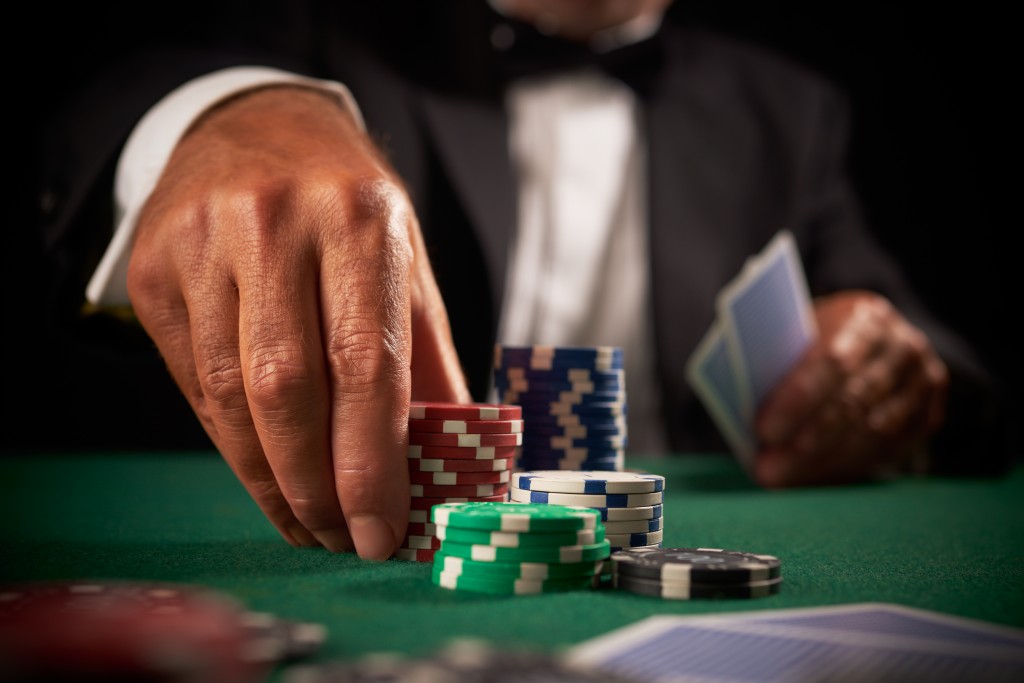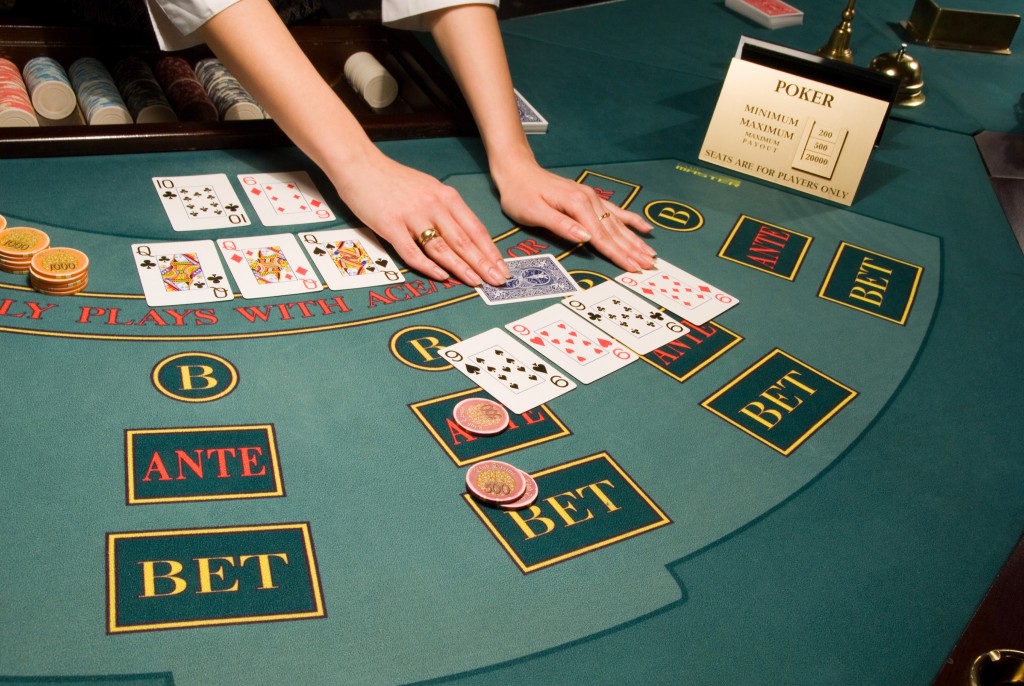Giving Support to People with a Gambling Addiction

Maybe it’s easier to understand addiction if it’s chemically induced. Chemical compounds travel through the bloodstream, it reaches the brain, and for many individuals, this process is the switch that turns the addiction light on. These chemicals can be liquor, nicotine, stimulants, or sedatives. For friends and families of people afflicted with a chemical-induced addiction, providing support is a big challenge. Convincing them to go to alcohol or substance-abuse rehab centers is a genuine struggle.
You’ve had a personal experience dealing with people with addiction. You worked part-time and put yourself through college. You completed your degree in Community in Public Health with Addiction Studies Concentration three years ago at the Idaho State University in Pocatello. You want to help families and friends of people with gambling addiction. You plan to put a center or maybe a foundation where people could get useful information about how to deal with people with gambling problems.
Here are some things that you can share with them:
Gambling Addiction in America
America is No. 1! That is, no. 1 on the list of countries with the greatest number of citizens with a gambling addiction based on 2016 figures. The estimate is that roughly 2.6% of the population or around 10 million Americans have a gambling problem. Free betting contributes the hefty sum of $6 billion annually to the U.S. economy.
Young adults between the ages of 16 to 24 are considered most likely to be addicted to gambling. People ages 35 to 44 are also considered highly susceptible to gambling addiction.

What You Can Do
Maybe you try to comfort yourself that at least there wouldn’t be the horrors of the physical toll of substance abuse. Still, plenty of things can go wrong if the addiction is not arrested on time. These are some of the things that you can do:
- Be sure before intervening. Gambling “on and off with regularity” sounds like an oxymoron, but some have mistaken it to mean as addiction. Be familiar with the real signs of gambling addiction before broaching the subject to the person concerned. Those with a gambling addiction will conceal their habit. They will also take drastic action to support their habit, like stealing or borrowing money which they cannot payback.
- Talk but listen more. If you’re convinced that you have detected a problem, talk to the person concerned. Find the right opportunity and make sure not to be antagonistic. Ask questions rather than advise at least during your initial conversations. Most importantly, listen to what they have to say. Maybe gambling addiction is a symptom rather than the disease itself. You don’t wear a black robe, so never judge them.
- Bring up treatment gently. This will ultimately be the most meaningful intervention, but you need to bring this into the conversation smoothly. There is a hotline number in the USA where people with problems can call in. If you have friends who practice addiction treatment, they will be more open to that environment. Recommend someone whom you can trust and one who can genuinely help.
Medical practitioners can also prescribe medication, but make sure that the proper diagnosis has been made. Walk the journey with your friend or family member with the problem. Abandonment is the last thing that they need.




